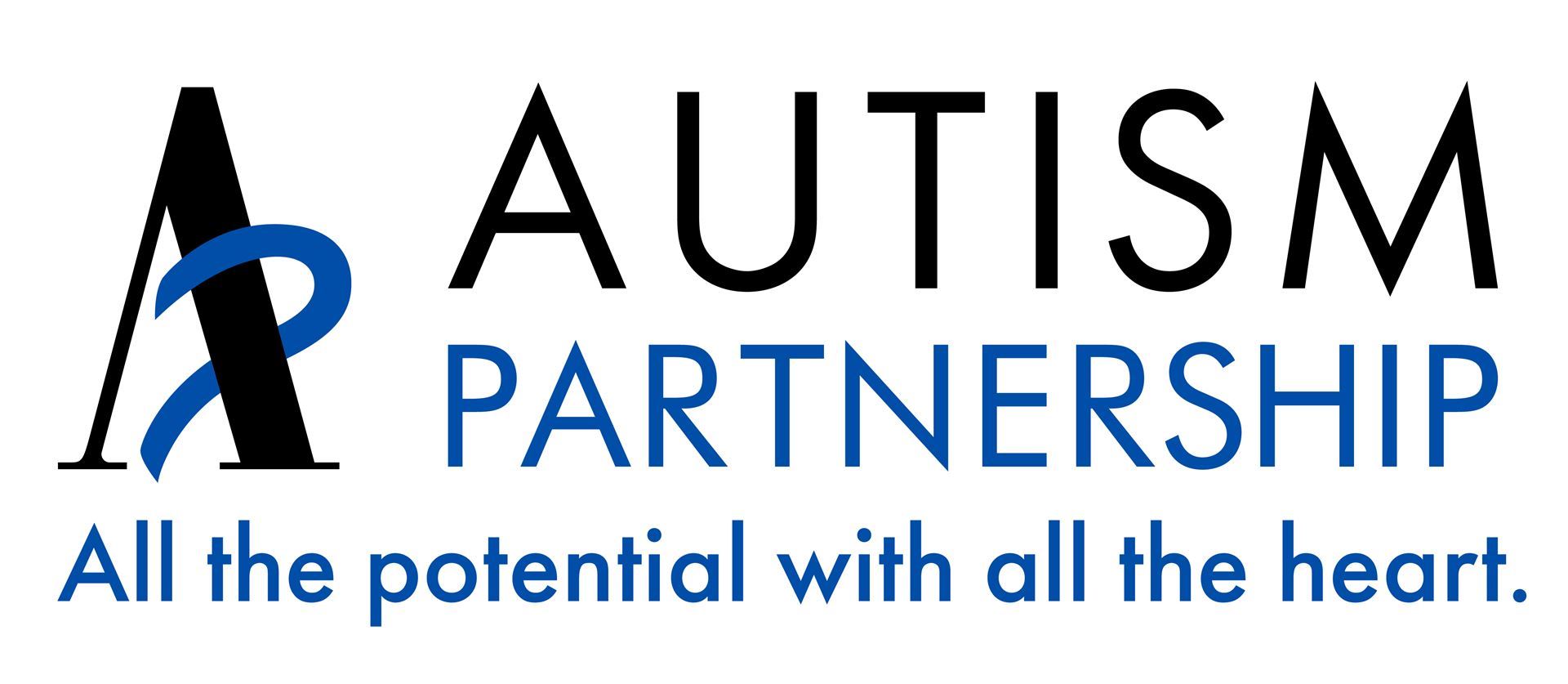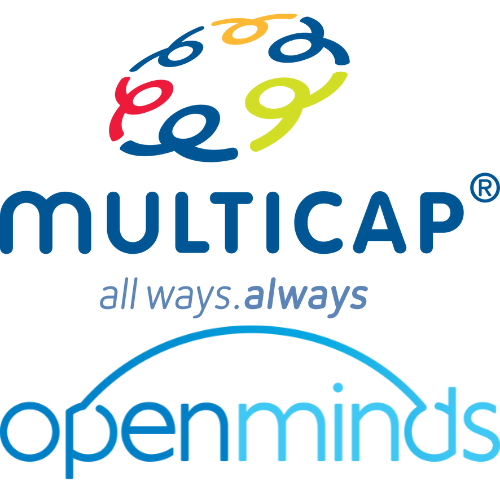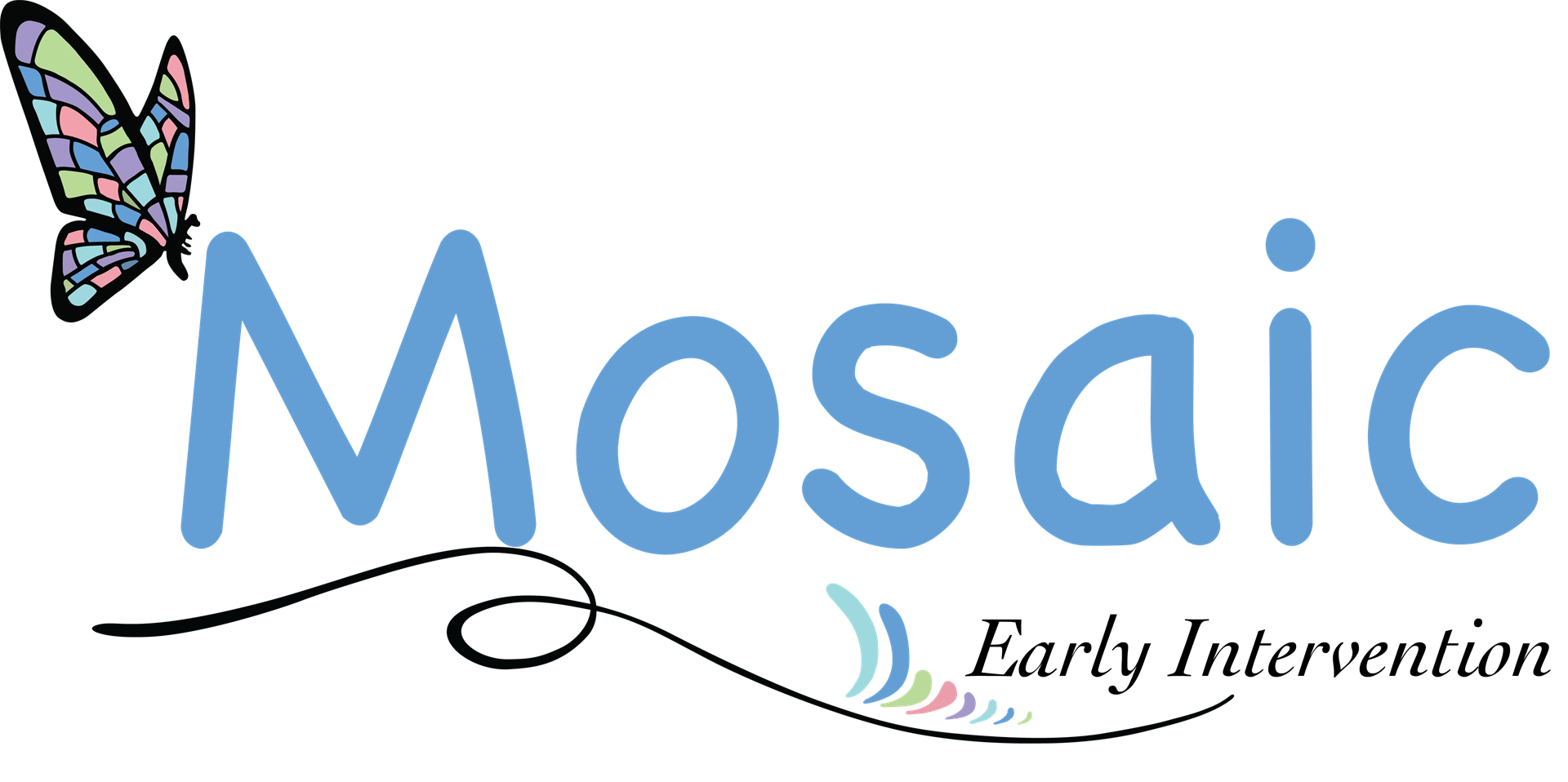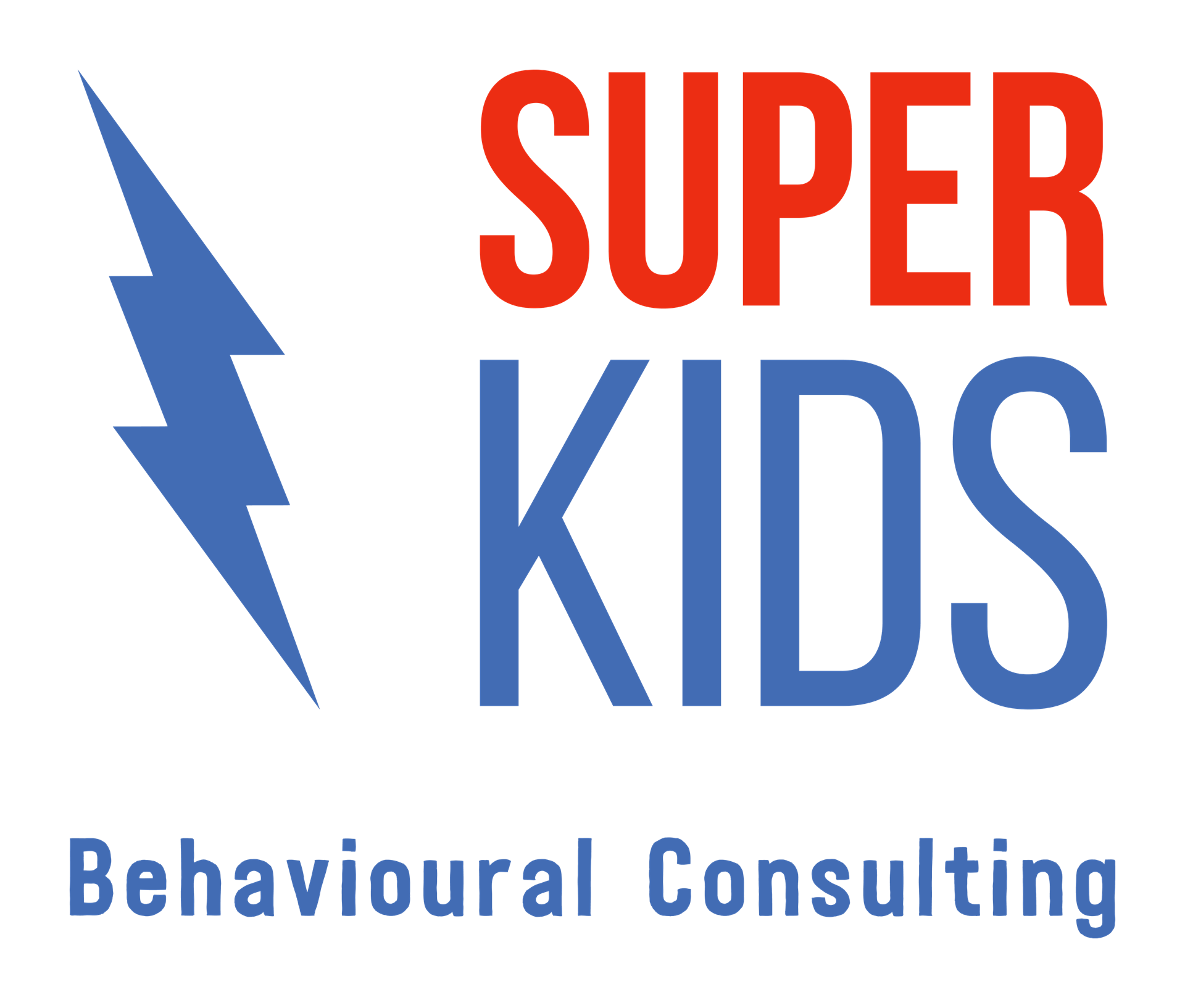.png)
Sunday, 28 July 2024
1:00 - 2:15 pm
daar (ROOM SPONSOR)
Risky Business: Communicating Risk Effectively
Abstract
In light of recent transformative shifts in the disability sector, there is a growing imperative to effectively discern and convey risk to stakeholders. This panel aims to dissect the complexities surrounding risk identification and communication, emphasizing the definition and assessment of risk across various domains (e.g., forensics, education, community settings) and the pertinent legislative frameworks. Delving into the practice implications of risk assessment and management, the discussion will explore best practices and offer recommendations for advancing the field. This topic holds profound relevance for behaviour analysts, who often serve as primary resources for stakeholders seeking risk assessments. The repercussions of inadequate risk assessment extend beyond the client to encompass the well-being of practitioners and supporting stakeholders. By examining diverse viewpoints and applications of risk assessment, the panel underscores the interdisciplinary nature of behaviour analysis and its potential to positively impact a wide array of contexts and populations. In doing so, it aligns with the conference theme of diversity and relevance, while also addressing broader societal implications inherent in risk assessment and management.
Learning Objectives
- At the conclusion of this panel, participants will be able to define risk and apply operational definitions of risk to a risk assessment.
- At the conclusion of this panel, participants will be able to understand the difference between static and dynamic factors that impact risk.
- At the conclusion of this panel, participants will be able to identify the legistlation and possible legal implications related to communication of risk.
Panellists: Sarah McCluskey1, Chelsea Troutman2, & Matthew Spicer3
1Billy Cart Behaviour; 2Elements ABC; 3Centre for Positive Behaviour SuppoortModerator: Russell Fox
Monash UniversityDuration: 1hr 15 min
PDUs/CEs: 1.5 ethics
Target audience: Practicing Behaviour Analysts who are working with high risk clients, or behaviours.







.png)





